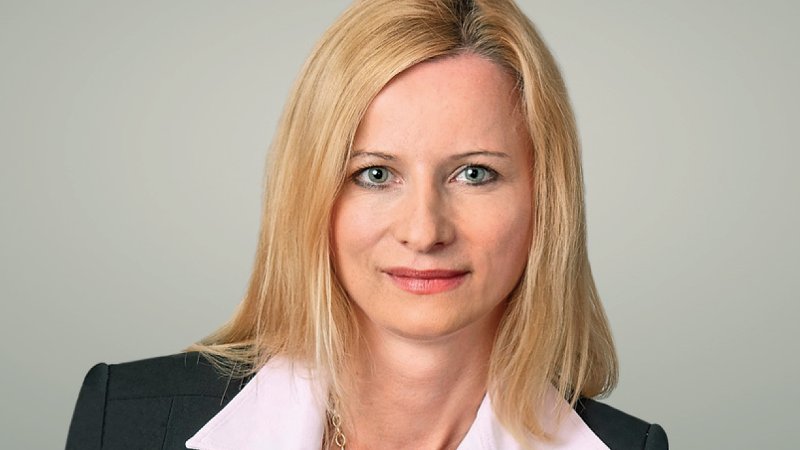The EPO wants to give third parties and applicants early certainty whether a patent will be granted or refused. The EPO intends to hire many new and yet inexperienced examiners in order to achieve this goal. Efficiency of examination and legal certainty is the focus. The EPO wants to reach a unique position of being a top player in both quality and timelines.
At present the EPO has, however, already installed the PACE procedure. This means upon request of the applicant the examination procedure may be accelerated. The PACE programme works excellently. Examination is also accelerated if a third party files observations. However, according to this new initiative all applications will be accelerated.
A 12 months prosecution timeline may cause problems. Sometimes it may be of great importance for the applicant to gain some time before the EPO decides finally on the application. If further data are needed in order to prove the alleged and credible effect it may be not feasible to create them in less than 12 months. Such a situation may lead to an early refusal of a great invention. An application can also contain many alternatives and lack unity. The applicant may need time in order to validate the most valuable embodiments of his invention. The filing of divisional applications in order to keep a case alive longer would be a very expensive strategy. Furthermore, once a patent is granted, high nationalisation costs have to be born by the applicant. A large number of biotech and pharma projects fail and it may be better if the application can be dropped before high nationalisation costs are due. For many applicants, especially small companies, this is an important reason to slow down prosecution in some cases. Thus, long product cycles and high risk of failure in the biotech and pharma area are probably not in line with a 12 months prosecution in each and every case. Instead of rapid prosecution it is probably preferable that applicants and examiners have sufficient time. An acceleration should be only sought after if necessary. The question thus arises whether the Early Certainty initiative is actually suited to enhance quality and certainty or whether applicants will face early refusals and/or more costs instead.
By Dr. Ute Kilger, Partner, Boehmert & Boehmert, Berlin, Germany




 adobe.stock.com - ipopba
adobe.stock.com - ipopba BioDlink
BioDlink